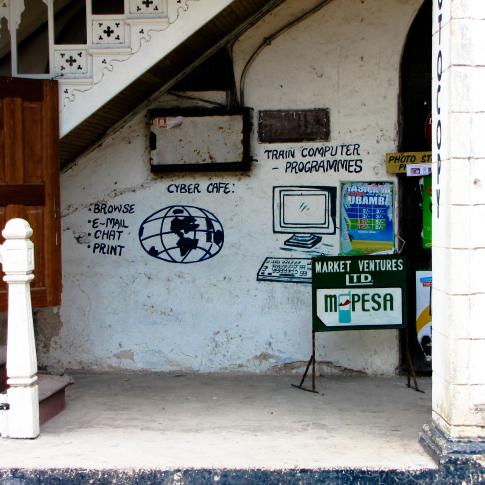
This paper focuses on recent initiatives in three countries (Uganda, Kenya and Tanzania) to “tax” the internet through introducing excise duties on, essentially, internet access and/or use. The East African focus was not intentional, as these kinds of taxation initiatives are occurring in a number of regions in Africa. However, these are countries that have made actual legal enactments (whether statutory or regulatory) that are in force.
The paper considers the current position of each country with regard to internet penetration and affordability. It also considers what international human rights instruments require in respect of internet access and affordability as part of the right to seek, receive and impart information and ideas, which is a corollary right to freedom of expression.
It concludes that:
-
The increased excise duty on internet data services in Kenya is not a violation of international human rights norms and standards, as the increase is unlikely to hinder access to and/or use of the internet for Kenya’s people.
-
The excise duty in the form of licence-related fees for online content services in Tanzania is a violation of international human rights norms and standards, because the fees imposed are so high that they would render the cost of posting content online – that is, effective internet use – simply unaffordable for the vast majority of Tanzania’s people.
-
The excise duty on what is defined as “over-the-top services” in Uganda is a violation of international human rights norms and standards, because it renders the cost of accessing such services – that is, effective internet access – simply unaffordable for the majority of Uganda’s people.
The paper also makes suggestions for how redress might be sought in respect of Tanzania’s and Uganda’s human rights violations resulting from the imposition of their excise duty regimes.